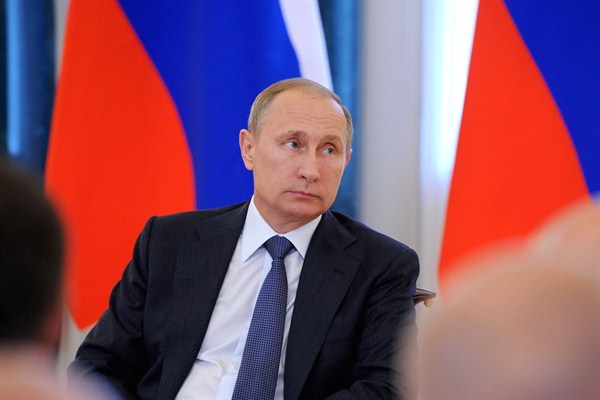At last week’s St. Petersburg International Economic Forum hosted by Russian President Vladimir Putin, Russian and Greek officials negotiated a framework agreement for Greece’s participation in the Turkish Stream gas pipeline that, if realized, will transport Russian gas via the Black Sea and Turkey to European markets. The deal comes just a year after the European Union adopted a comprehensive strategy to enhance its energy security, with a key objective being to reduce the EU’s dependence on Russian energy sources. However, if the Russia-Greece deal and other developments of the past year are any indication, this campaign could take decades to achieve and will encounter many setbacks on the way.
To enhance the EU’s long-term energy security, the strategy emphasizes diversifying external energy supplies, modernizing energy infrastructure, raising the interconnectivity of installed electricity capacity, constructing infrastructure to permit rapid redirection of energy flows within the EU to alleviate spot shortages, promoting energy conservation and coordinating national energy policies better with non-EU negotiating partners.
The EU’s goals, strategy and tactics make sense. By reducing their dependence on Russian energy, EU governments seek to decrease their vulnerability to external supply shocks and possible Russian blackmail over unrelated political issues. Europe, which obtains much of its Russian oil and gas through pipelines that traverse Ukrainian territory, has suffered collateral damage from recurring Russia-Ukraine price disputes and shut-offs in recent years. Europeans’ dependence on Russian energy supplies can also constrain their ability to confront Russia politically over issues like the Ukrainian conflict as well as their willingness to apply serious energy sanctions on Moscow.

